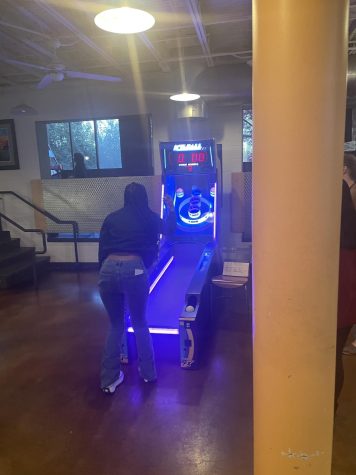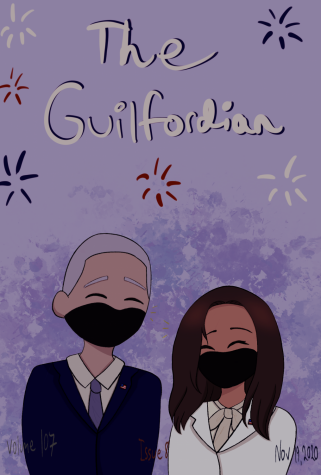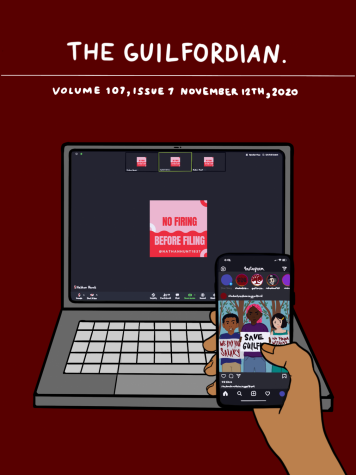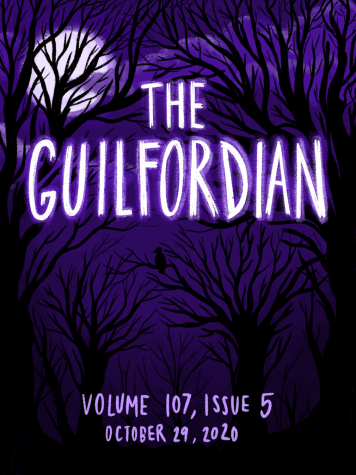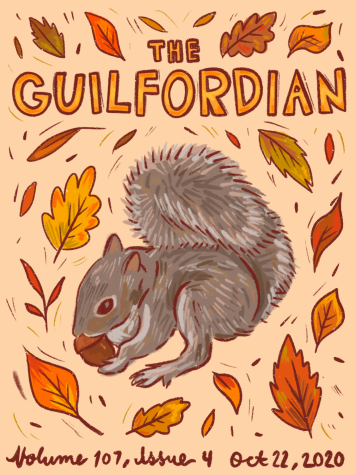Coronavirus forces change for three-week courses
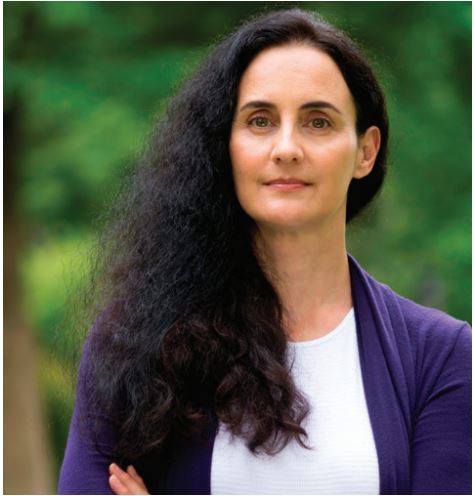
Mylène Dressler, Associate Professor of English, and fellow Associate Professor Diya Abdo had to change their planned three-week, study-abroad course to a class they titled Writing in Real Time // Photo by Maia Dery.
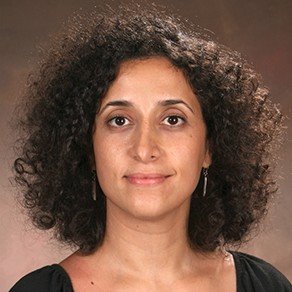
With Guilford finding itself in the midst of the COVID-19 pandemic, closing its campus and offering online-only classes, many three-week session classes didn’t go according to original plans. Some professors were forced to make drastic alterations in lesson plans or in some cases, cancel them all together.
For English and Creative Writing Department professors Mylene Dressler and Diya Abdo, circumstances forced them to do just that.
When asked about the three-week course Dressler was going to teach, she responded saying, “Originally, we (she and Abdo) had planned to teach a study-abroad course called Travel and Writing in Jordan, which was going to be a course that helped students to develop their ability to see, record and write about a very specific place at a very specific time, and to do this responsibly.”
Obviously, due to the current pandemic, people are not able to participate in travel and must be confined to their own space and their own time. These circumstances forced Dressler and Abdo to try to create a new writing course that catered to and kept in mind the students’ current situations.
When describing the new course they planned to teach, Dressler said, “…we decided we would retain the core idea of writing in direct response to a place and a time — but now that time is a time of pandemic, and the places are all scattered, with everyone sheltered or at least in some way ‘tied to’ their ‘own’ place. So we had to invent a writing course that would reflect that reality. Not a travel-writing course, but a writing-where-you-are course. We call this new course Writing in Real Time.”
Dressler seemed to be very optimistic about the well thought-out new course and how it would cater to students’ needs and ideas even though they would not be together. However, from the students’ perspective, they might be slightly disappointed and Dressler found it hard trying to create a course knowing this.
“Some of the students in this class will still be deeply disappointed, as we are, that we’re not in Jordan, that we’re doing the exact opposite of what we planned to do, not studying abroad but staying at home,” Dressler said shortly before the three-week session began.
“How do you create out of a place that is essentially one of disappointment? How do we create a sense of camaraderie that can take the place of what it would have meant to camp under the stars with the Bedouin people of Wadi Rum? We’re pretty sure we can’t, and that we shouldn’t even try.”
But despite the drastic changes that the COVID-19 pandemic forced upon courses like the one taught by Dressler and Abdo, the professors noticed a certain quality to students’ work produced in quarantine.
“We saw ‘leaps’ in the concreteness of student work that we weren’t accustomed to seeing in such a short span of time,” Dressler said by email after the three-week session ended. “We talked as a class about this, and felt it was because the pandemic was forcing us into smaller spaces and slowing us down and stilling us so much that we had no choice but to notice more closely what was around us . . . and in us, and with us.
“We also realized that though we had to avoid risk from the pandemic we could take this opportunity to take real risks with our writing, try new things, invent what we needed,” Dressler said. “As a class we were surprised and relieved (in several ways) and even pleased with what we managed. The students all read from their work during the last week of class, and it was so moving. It wasn’t what any of us had planned, any of this. But it moved. And we were so grateful for that.”






